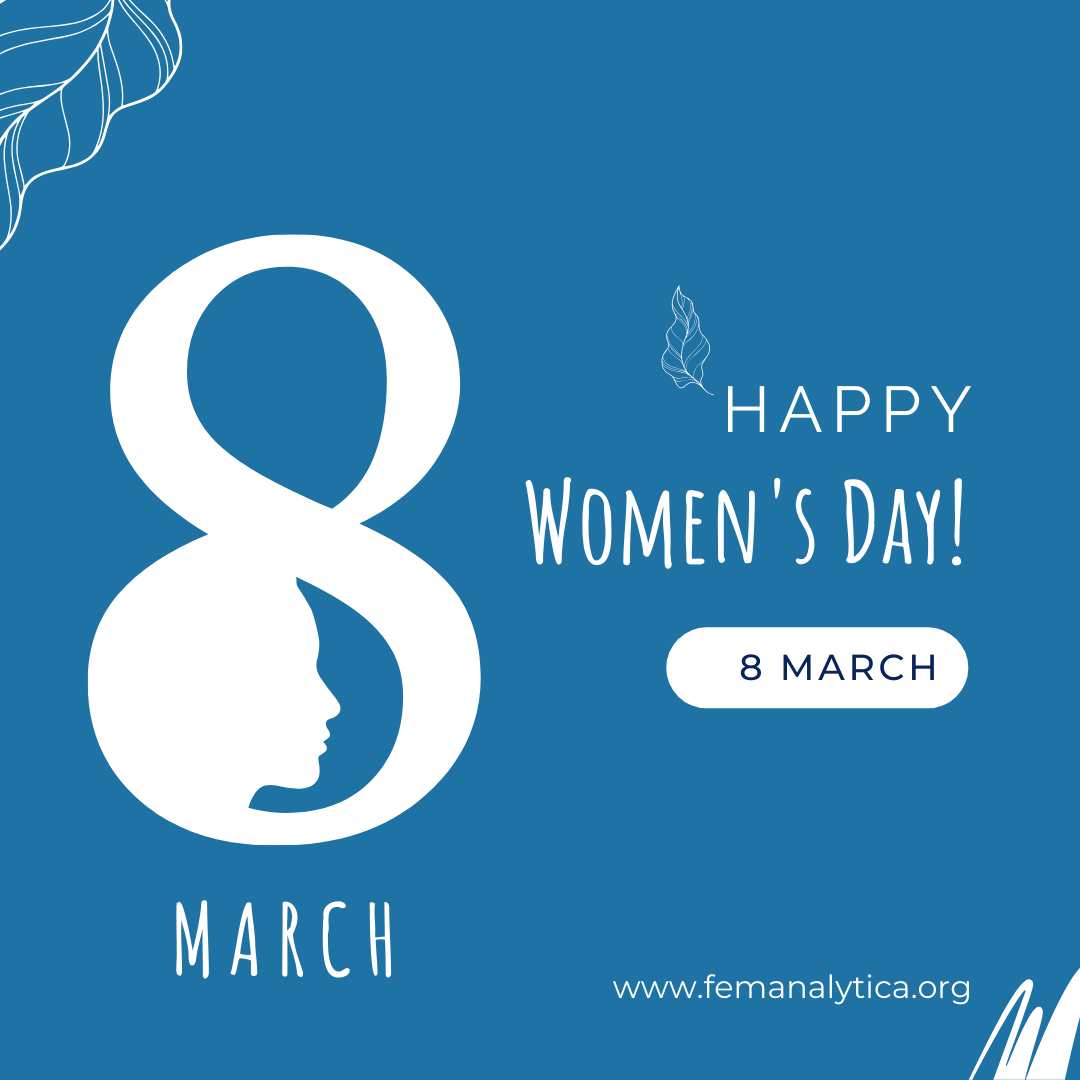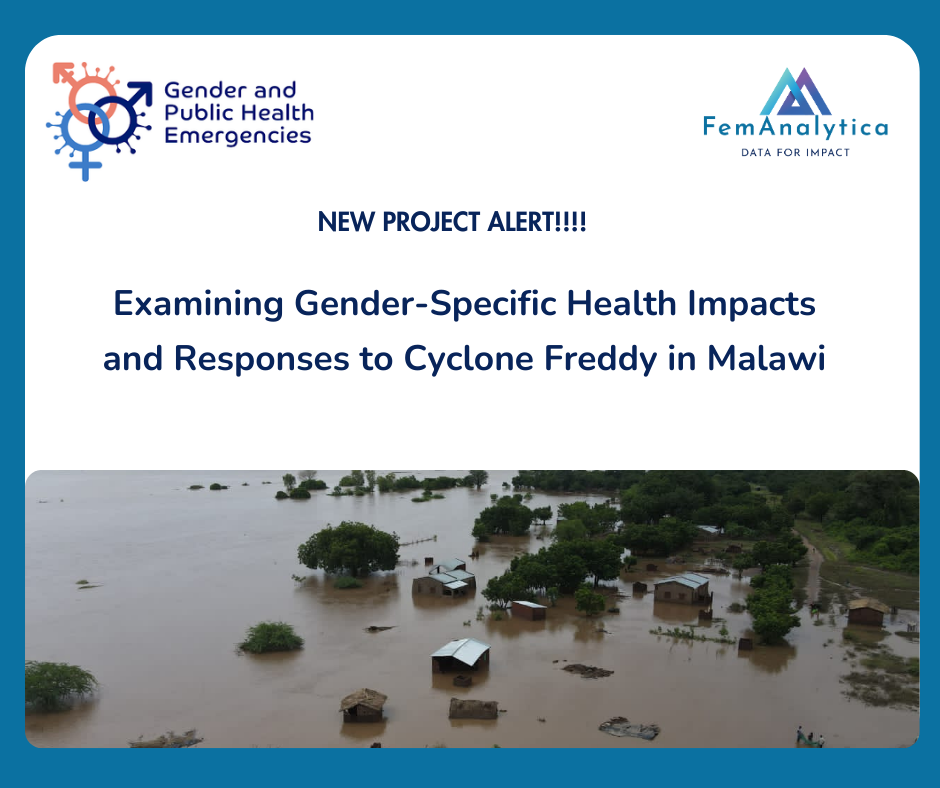FemAnalytica Secures Grant to Tackle Gendered Impacts of Climate Change Induced Public Health Emergencies.
FemAnalytica is thrilled to announce the receipt of a significant grant for a pivotal project to examine health-related gendered impacts and response mechanisms during Cyclone Freddy in Malawi. This initiative stands at the forefront of our mission to use data-driven insights to advance Sustainable Development Goals (SDGs), with a keen focus on unraveling the complex nexus of climate change, gender disparities, and health challenges.
Malawi is still grappling with the devastating impacts of Cyclone Freddy- one of the worst tropical cyclones on record -which occurred in March 2023. To say many communities were left in a state of vulnerability is an understatement. In addition, cyclone Freddy occurred on the back of the worst cholera outbreak the country has ever experienced. It is also widely known that climate change-induced disasters have particularly severe implications for women. They are more likely to die, and have less access to essential resources, leading to higher rates of malnutrition and disease. Moreover, instances of gender-based violence increase significantly after natural disasters, with some studies reporting up to a 46% increase in such cases. This creates an immediate and pressing need to study and understand the gendered consequences of such natural disasters especially in the context of public health. Recognizing the urgent need to address these inequalities, our project aims to use the power of data to dissect the multifaceted health related gendered impacts of cyclone Freddy, offering a unique lens through which the intertwined issues of gender, health, and environmental change are explored.
At FemAnalytica, we are committed to harnessing the transformative power of data to shine the light on ways through which different Suistanable Development Goals such as Good Health and Well-being (SDG 3), Gender Equality (SDG 5) and Climate Action (SDG 13) can be achieved. Through this research, we aspire to generate data driven recommendations that will guide the development of targeted, gender-sensitive interventions, thereby mitigating the adverse health effects of future climatic events on vulnerable populations.
This project not only aligns with our dedication to promoting utilization of data to advance SDGs but also serves as a critical step toward realizing a more equitable and sustainable future.We hope that our findings can be utilized to inform policy, enhance disaster response strategies, and ultimately, advance the health and well-being of communities at the intersection of climate change induced public emergencies and gender disparities.
We extend our deepest gratitude to the Gender and Public Health Emergencies Working Group, our funding partners for their generous support and shared vision to shed light on the gender-differentiated impacts of Cyclone Freddy in Malawi.


